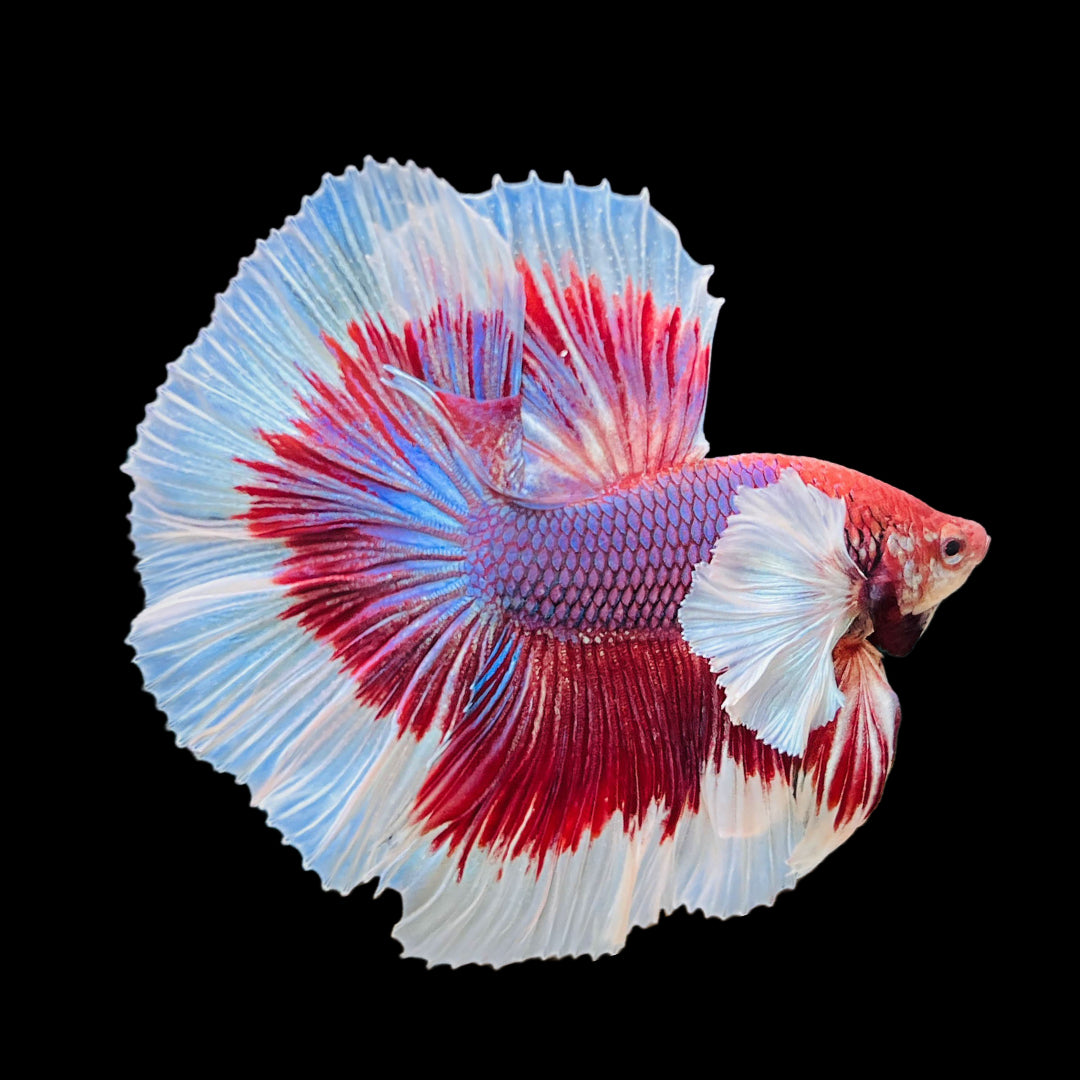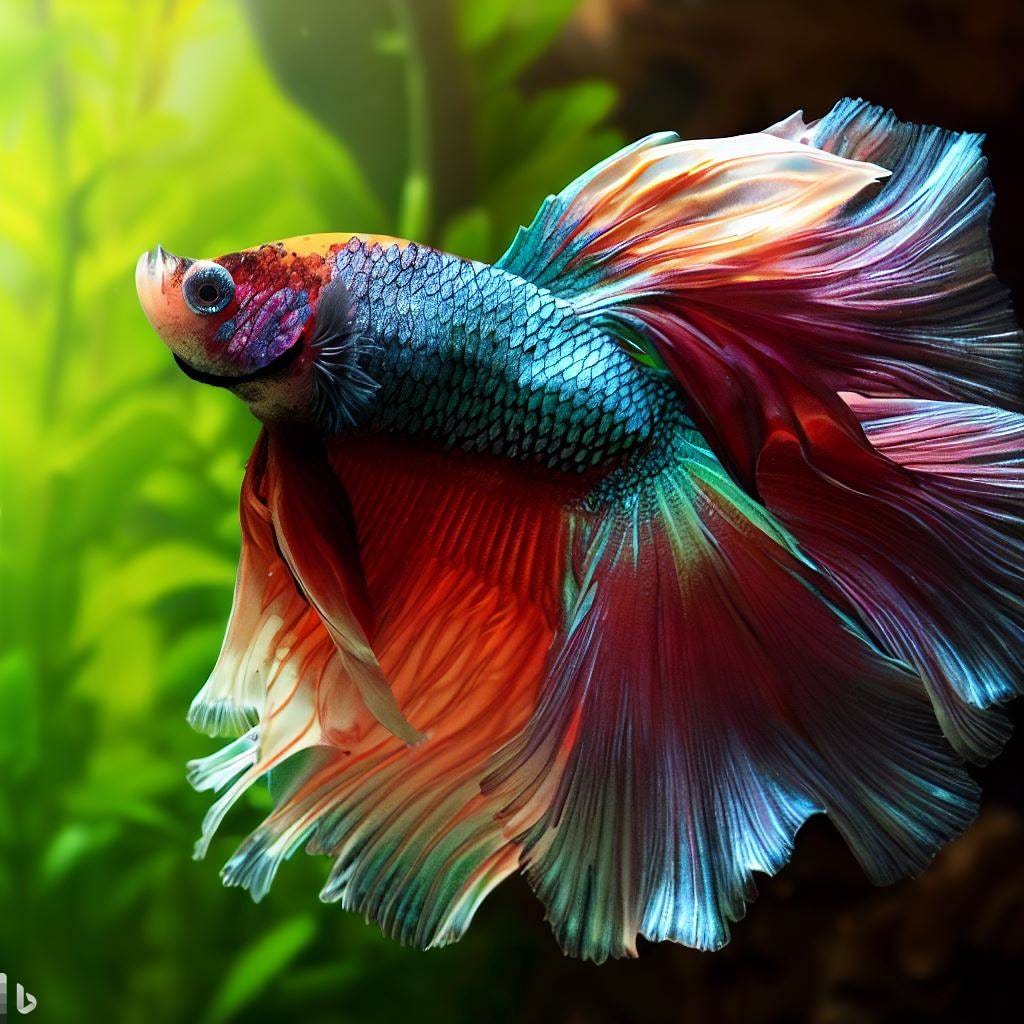Betta Fish Care: Important Tips for a Healthy and Delighted Family Pet
Betta Fish Care: Important Tips for a Healthy and Delighted Family Pet
Blog Article
Everything About Betta Fish: Understanding Their Distinct Requirements, Behavior, and the Finest Practices for Optimum Care
Understanding the special needs and habits of Betta fish is important for any kind of aquarist aiming to supply ideal treatment. These exciting creatures, native to the cozy waters of Southeast Asia, show distinct territorial propensities and need details ecological problems to flourish. From choosing the right storage tank size to identifying potential health and wellness concerns, various aspects significantly influence their wellness. As we explore these components additionally, the effects for both newbie and skilled fish caretakers end up being significantly evident, elevating questions concerning exactly how finest to accommodate these amazing fish in our homes.
Betta Fish Introduction
Although frequently appreciated for their lively shades and moving fins, Betta fish, scientifically called Betta splendens, are complicated animals that call for details care to prosper. Originating from Southeast Asia, these freshwater fish are recognized for their territorial nature and distinct actions. Betta fish show sex-related dimorphism, with males presenting extra vibrant colors and longer fins than ladies.
Their hostile propensities, specifically amongst males, demand mindful consideration when housing them. Bettas are often maintained in single-specimen tanks to stop territorial conflicts. Nevertheless, they can exist together in harmony with particular suitable varieties in larger neighborhood tanks, supplied the setting satisfies their requirements.

To make certain optimal care, aquarists must understand their special behavior qualities, dietary needs, and habitat needs. betta fish. With correct interest, Betta fish can display their vibrant individualities and prosper in a well-maintained fish tank setting
All-natural Habitat and Setting
Betta fish thrive in a varied array of all-natural environments, mainly found in the shallow waters of Southeast Asia, including rice paddies, swamps, and slow-moving streams. These environments are characterized by warm temperatures, generally in between 75 ° F and 82 ° F(24 ° C and 28 ° C ), and a pH level varying from 6.5 to 7.5, which is perfect for their health and wellness and health.
In their natural environments, Betta fish are accustomed to thick vegetation, providing both shelter and breeding grounds. The existence of plants such as drifting water lilies and thick turfs not only supplies defense from killers but additionally adds to the oxygenation of the water, which is necessary for their respiratory demands. In addition, these environments often have areas of still water, enabling Betta fish to show their natural habits such as bubble nesting.
Understanding the natural environment of Betta fish is important for aquarium enthusiasts. Reproducing these problems-- with water temperature, pH balance, and the addition of online plants-- can considerably enhance the total company website wellness and longevity of these fascinating fish, ensuring they grow in a home fish tank setting.
Social Behavior and Interactions
Comprehending the social habits and communications of Betta fish is crucial for successful aquarium administration. Betta fish, or Siamese combating fish, are recognized for their one-of-a-kind behavior characteristics, characterized mostly by territoriality and aggressiveness. Men, specifically, show highly hostile habits towards one an additional, bring about the well-known track record of Betta fish as fighters. In a constrained area, two males can take part in fierce battles, frequently causing injury or fatality.
Conversely, female Bettas show much less hostile habits and can exist side-by-side in teams, understood as sororities, if introduced correctly. It is critical to check their communications very closely, as pecking order and supremacy can lead to problems. Comprehending the dynamics within a Betta area is vital; developing hiding areas and ensuring enough area can mitigate aggressiveness.
Additionally, Betta fish might likewise display inquisitiveness and social actions in the direction of other species. While they can exist together with specific non-aggressive tank companions, it is vital to pick compatible varieties to avoid anxiety and aggressiveness. Generally, acknowledging these social communications is key to promoting a harmonious aquarium setting for Betta fish.
Important Care Standards
Supplying proper care for Betta fish is vital to their health and wellness and well-being. Regular water adjustments-- around 25% once a week-- help maintain water high quality.
Betta fish need a suitable container size; a minimum of 5 gallons is advised to offer ample space for swimming and hiding. Include designs and plants to develop a stimulating environment, however avoid sharp objects that might damage their delicate fins.

Last but not least, make sure the tank is geared up with a filter to keep the water tidy, yet utilize a gentle filter to prevent solid currents that can emphasize the fish. By adhering to these essential care standards, proprietors can promote a healthy and balanced and dynamic Betta fish.
Common Wellness Issues and Solutions
In the care of Betta fish, awareness of usual wellness issues is important for maintaining their wellness. To deal with fin rot, enhance water conditions and think about using a broad-spectrum antibiotic.
An additional usual condition is ich, a parasitical infection defined by white places on the fish's body (betta fish). Therapy entails enhancing water temperature and adding aquarium salt to the storage tank, as this can help get rid of the bloodsucker
Swim bladder disorder is likewise regularly observed, bring about buoyancy problems. This problem might occur from overfeeding or irregularity. A fasting duration of 24-48 he has a good point hours, adhered to by a diet of blanched peas, can supply alleviation.
Lastly, bettas may struggle with velour illness, suggested by a gold dust-like look on their skin. Therapy usually calls for drug specifically developed for outside bloodsuckers, along with improved tank hygiene.
Routine tracking of water criteria, keeping a clean environment, and offering a balanced diet plan are vital preventative measures. By dealing with these health and wellness concerns without delay, Betta fish can lead much healthier, more vibrant lives.
Conclusion
In summary, successful betta fish care calls for an understanding of their unique needs and actions. Giving an ideal setting, consisting of ideal container dimension and water conditions, is vital for their wellness. Furthermore, acknowledging their territorial nature and guaranteeing adequate concealing places can stop hostility. Routine monitoring of health and water top quality, in addition to a well balanced diet plan, contributes to the longevity and vibrancy of betta fish. Abiding by these standards will foster a growing marine environment for these fascinating creatures.
Report this page